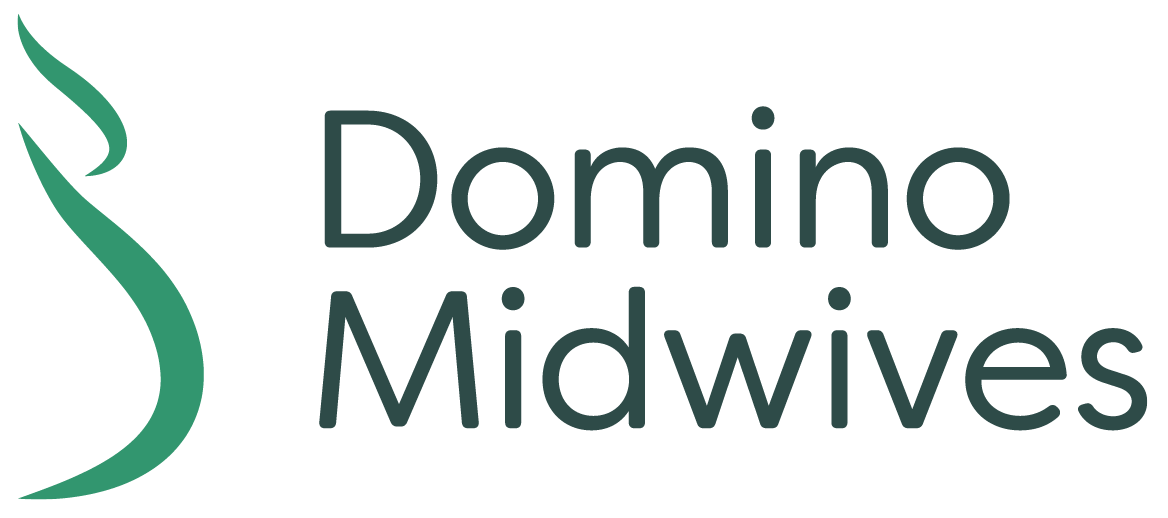Postnatal – the first 24 hours
Birthing Person/ Mum
Congratulations to the new parents, well done! Please rest up and enjoy your new baby. This is a great time to try and catch up on some sleep. It is usual that your midwife will see you at home within 24 hours of your birth. Expect to have a very heavy period after the birth, this is normal. If you have soaked through more than one maternity pad in an hour or are passing more than a handful of clots or feel faint please call your midwife urgently.
Baby
After an initial good breastfeed your baby may sleep for up to 6 hours. This is normal but please start waking baby three to four hourly after this initial sleep. If your baby wakes more than this please feed on demand. We usually suggest 3 layers of clothing (natural fibres) for baby and keeping the room temperature at about 20 degrees. Please observe output of your baby. We expect one wet nappy in the first 24 hours. If your baby is too sleepy to feed or looks a yellow colour in the first 24 hours please call.
Baby’s screening tests
The Newborn Metabolic Screening (NMS) Programme screens for rare but potentially serious disorders such as phenylketonuria (PKU), cystic fibrosis, and congenital hypothyroidism. Your baby will be offered metabolic screening when they are between 24 and 72 hours of age. Most of these conditions are easily treated if detected early, but if left untreated can be serious and life threatening. The card is sent to the national screening laboratory in Auckland for testing where it stays unless you request it to be returned to you. Your midwife will let you know if there are any concerns once the testing has been done. Results usually take about 10 days.
If you would like to request the return of the NMS test card, you can download the form for this here - https://www.nsu.govt.nz/system/files/resources/request-form-return-of-card-final.pdf Please give this filled out form to the midwife collecting your baby’s blood sample for them to enclose with the sample to speed processing of getting the card returned to you.
Your baby will also be offered a newborn hearing screen which is done in the first few days either as an inpatient at the hospital or in the outpatient department. You will be contacted directly for this.
Some babies will fit the criteria for a vaccianation against Tuberculosis and your midwife will go through this with you antenatally to see if your baby needs this.
Vitamin D for babies
Low levels of vitamin D in babies and/children can cause rickets. Rickets can result in weak bones, delayed walking, bowed legs, and swollen wrists or ankles. If untreated, rickets can lead to failure to grow, deformed or broken bones, pneumonia and seizures. Every year a number of babies/children in New Zealand are diagnosed with rickets. We get most of our vitamin D through sunlight.
Your baby is at higher risk of vitamin D deficiency if they are breastfed and:
Have naturally dark skin
You have been told that you are low in vitamin D
Is born preterm with low body weight
One or more of your children has had rickets or seizures resulting from low blood calcium levels
Babies who may be vitamin D deficient:
Babies who are breastfed over winter months in New Zealand may also be vitamin D deficient.
Postnatal body changes
It’s normal to bleed from your vagina after the birth up until around 6 weeks. This reduces and changes over time. If you are losing blood in large clots, or soaking more than 2 pads in one hour, or bleeding is smelly, please call urgently. You need to use sanitary pads over this time not tampons.
Drinking lots of water, at least two litres/24 hours, will help prevent your urine from stinging. Some women find it helps to squirt water gently on their vulva using a water bottle, or passing urine in the shower.
It is normal not to have a bowel motion for 2-3 days after your birth. Do not strain. It’s important not to let yourself become constipated. Eat fresh fruit, vegetables, salad, bran and wholemeal bread, and drink plenty of water.
Safe sleep
Click on the link below to see the ministry of health guidelines for keeping your sleeping baby safe.
How to Give feedback to Wellington Regional Hospital
To give feedback about a midwife, or care you received at Wellington Regional Hospital, please go to the following website - https://www.ccdhb.org.nz/contact-us/feedback-suggestions-complaints-and-compliments/your-feedback/
To Request a Copy of Your Hospital Records
You will find information about how to request your records here - https://www.ccdhb.org.nz/contact-us/accessing-health-information/

